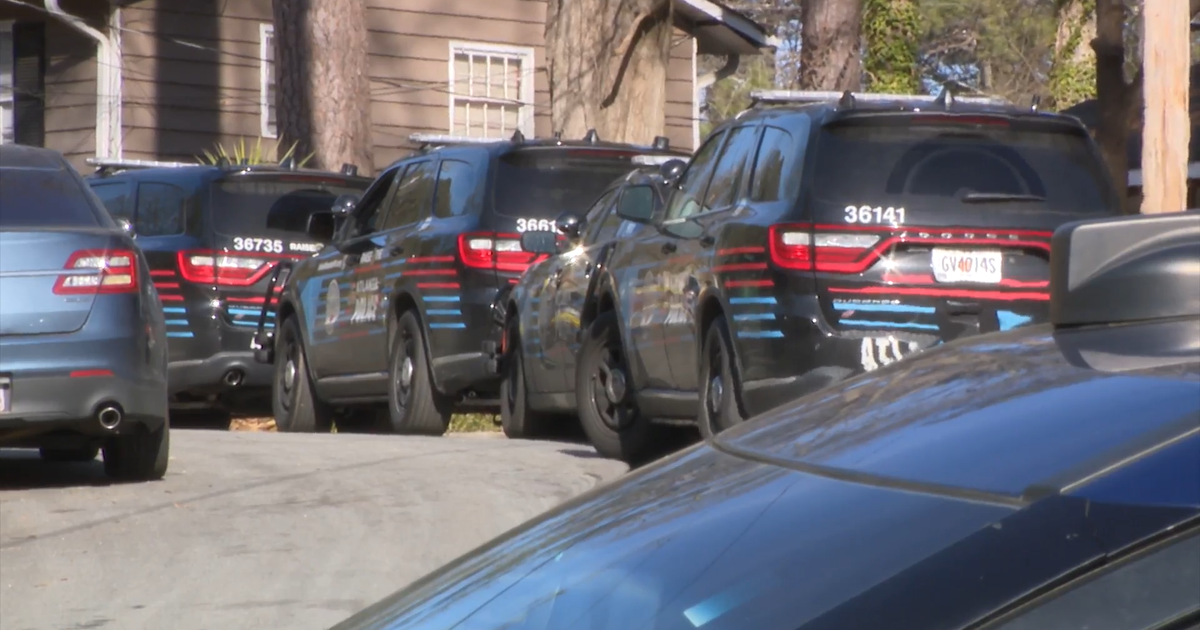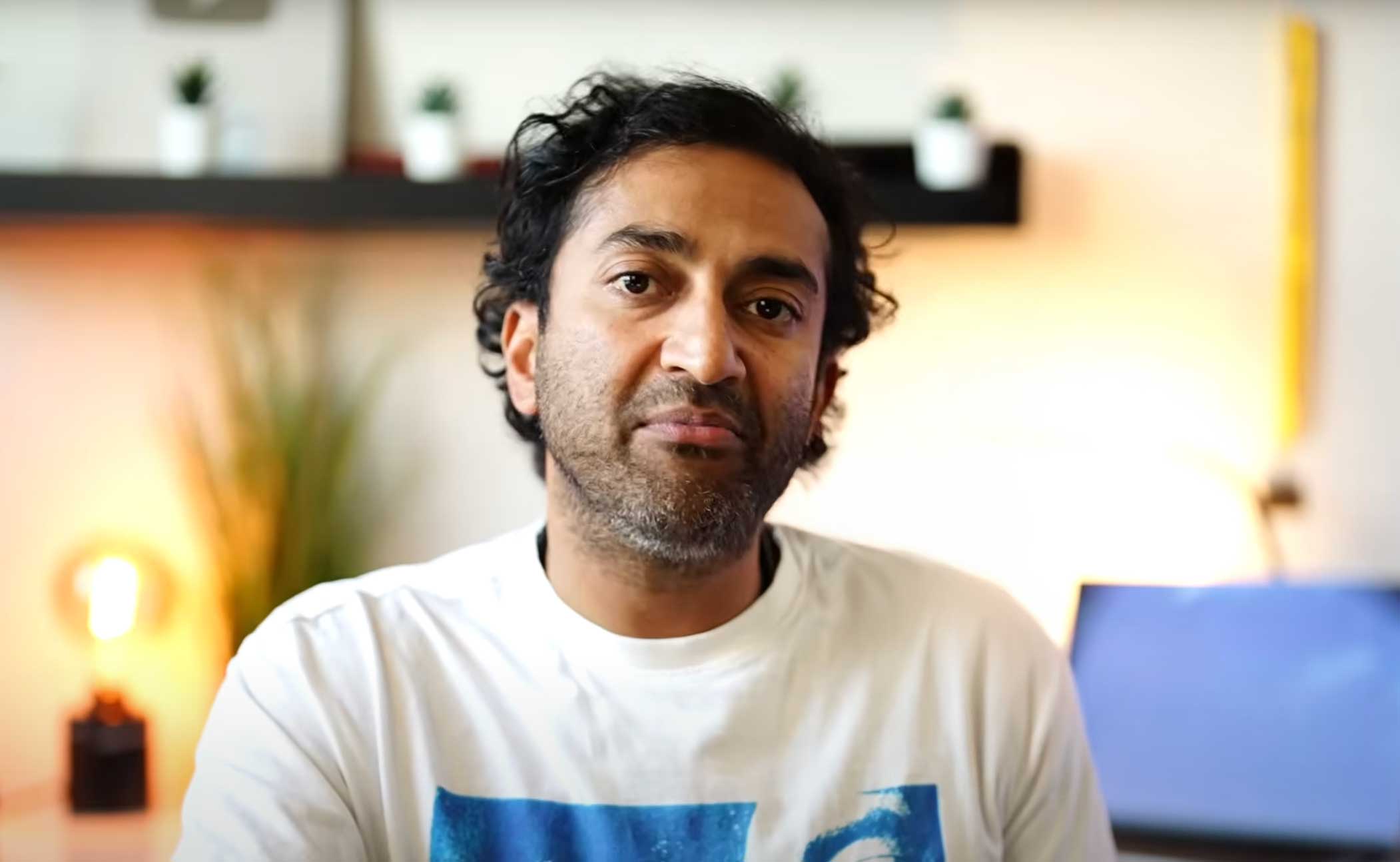When is the right time to get your flu shot?
Summer is winding down and school is back in session, which means flu season is right around the corner. And as health officials remind us every year, the best protection against the virus is to get a flu shot.
According to the Centers for Disease Control and Prevention, everyone 6 months of age and older should get a flu vaccine every season. Vaccination is especially important for those at high risk of serious complications from the flu, including children younger than 5, adults 65 and older, pregnant women, residents of nursing homes and other long-term care facilities, and people with chronic medical conditions.
When is the best time to get a flu shot?
So when is the ideal time to get vaccinated? Guidance from the CDC states that people should get a flu vaccine by the end of October.
"We recommend getting your shot by the end of October because it is best to get a flu shot before flu begins to spread in your community," Dr. Claire Bocchini, an infectious disease specialist at Texas Children's Hospital, told CBS News. "In the United States, flu can start to spread as early as October. It takes about two weeks after the shot for your body to make antibodies that protect you against the flu."
But with pharmacies already advertising flu shots now, some may wonder if it's ever too early to get a flu shot. It's possible, says Dr. Michael Osterholm, a professor at the University of Minnesota and former state epidemiologist.
"From the time you get the flu shot, every month after that the actual protection is reduced over time," Osterholm told CBS Minnesota. He says the effectiveness drops off by about 15 to 20 percent per month, and he recommends waiting until October to get a shot. Flu season typically peaks between December and February, but it can last into the spring.
However, Bocchini says there's mixed data regarding how long the flu vaccine provides protection from the flu.
"Some studies have shown a decrease in protection from the vaccine during the later parts of some flu seasons, especially in older adults and young children," she said. "This is why some experts recommend against early vaccination, like in July or August."
Additionally, Bocchini notes there's a flip side to waiting to get your flu shot. "Although delaying vaccination might result in greater protection later in the season, this delay may also result in missed opportunities to get vaccinated – or at least missing the opportunity to get vaccinated before the start of flu season," she said. "Now is the time to schedule your flu shot."
Children aged 6 months through 8 years who require two doses should receive their first dose as soon as possible after the shot becomes available, to allow the second dose to be received by the end of October.
And while it's not ideal to wait past the end of October, getting vaccinated after that, even into January or later, can still be beneficial.
What type of flu vaccine should you get?
There are a number of flu vaccines available this year, including cell-based flu shots, live attenuated flu vaccines, egg-based flu vaccines, and a nasal spray.
The CDC does not express preference for one vaccine over the other.
"While there are some differences, they're not demonstrably different between a cell culture versus and egg-based, versus which kind of vaccine you get," Olsterholm said. "I think the key thing is getting vaccinated."
This season, the American Academy of Pediatrics is recommending parents have their children get the flu shot, versus the nasal spray, stating that the shot is more effective.
However, the CDC reports the nasal spray is now more effective than it was the past two years, and is back to saying it can be used for children.
Bocchini emphasized that the flu vaccine is the best way parents can protect their children from the flu, from complications from the flu, and from dying from the flu.
It's too soon to know how bad this year's flu season will get, but last year, 179 children died from the flu and thousands more were hospitalized. Health officials say 80 percent of the children who died had not gotten the vaccine.



